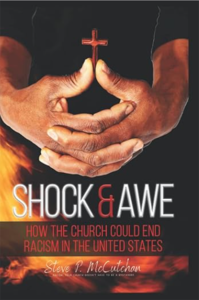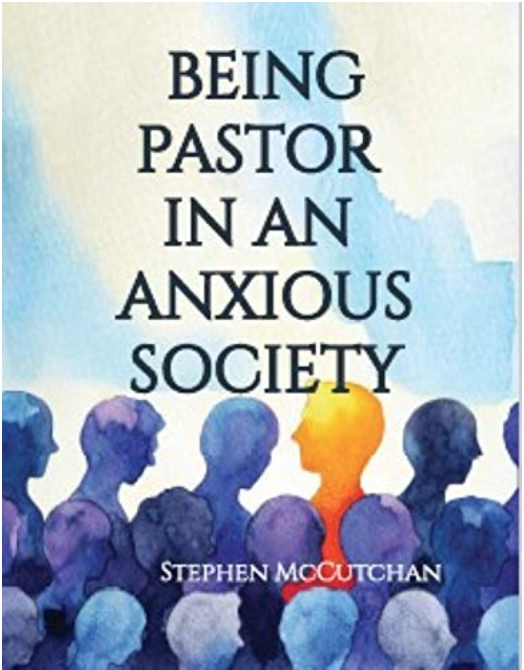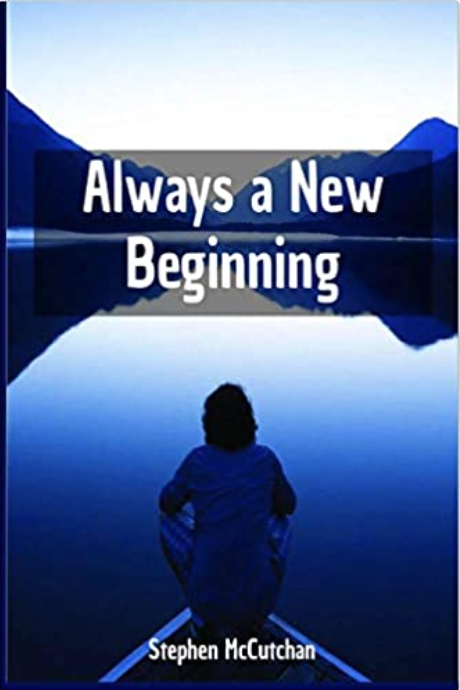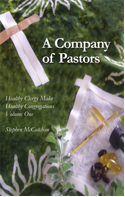A COUPLE DISCUSSES FINANCES
It is often difficult for a clergy and spouse to have a productive conversation about family finances. That is often exacerbated by the anxiety of one or the other about being able to meet expenses, guilt by the person with a low salary, and confusion about where religion fits into all of this. Yet to have a rationale discussion about the financial realities within a family can reduce stress and nurture appropriate support in a society that exaggerates the value of finances in our relationship.
Conversations with spouses about finances are frequently filled with lots of emotional baggage. That suggests where to begin. We need to recognize that money becomes a symbol for a lot of emotionally laden history and discussing finances is never a completely rationale process. It is helpful if a couple can agree that they need to have a healthy conversation about finances and recognize that certain steps need to be taken to avoid the minefields that can cause problems.
FIRST STEP
A first step is for each person to write a financial biography that they share and discuss with each other. The biography includes what the financial picture looked like for his or her family of origin and how that made each feel as a child. If there were arguments between parents, how did each perceive what was going on? Were there particular subjects that frequently caused arguments, such as gift buying, vacations, alcohol expense, etc. If finances were never discussed as a family, what did that mean? All of this is meant to help each understand some of the buttons that, when pushed, trigger responses that seem to be more powerful than the immediate subject would normally indicate. Plan an evening with some light food and drink to add to the pleasure, put on some enjoyable music and allow at least a half-hour for each person to create their personal financial biography.
SECOND STEP
When that is completed, allow each person to share their biography and take time for questions of clarification so that each feels the other person understands their background. This may open up some tender issues that each must be willing to take time to understand.
THIRD STEP
The next step is to name some of those buttons so that when the couple is having a conversation each can mutually recognize what is not helpful. The couple should then agree that neither will use these buttons as a weapon in a discussion. They also should agree how each should respond when a button has been inadvertently pushed. For example, it is not helpful to say, “You are being irrational because your father couldn’t deal with that subject either.”
A NEW BIOGRAPHY
With a clearer understanding of how our history affects us, a third step is to write together what the couple considers a healthy financial biography for their family. If their children are to live out this financial biography, how do you hope they will recall how finances were handled in your family. Remember that the key themes are emotions and relationships. How does each want to emotionally feel when certain subjects come up? How do they want their children to feel about finances? How do they want their faith to be expressed in terms of their response to financial challenges?
A PRESBYTERY OPPORTUNITY
A note to presbyteries, a workshop like this could be a very valuable couple’s retreat for your clergy. In planning this, you might draw upon the Board of Pensions for assistance. Make sure in the midst of this work, there is also time for enjoying each other and having some fun together.

































